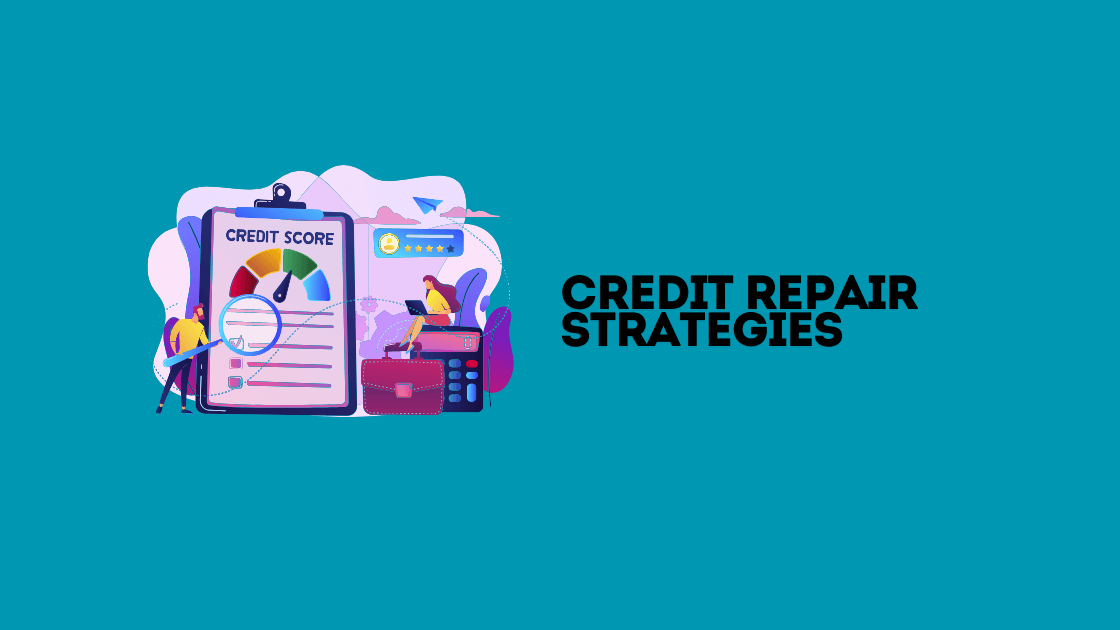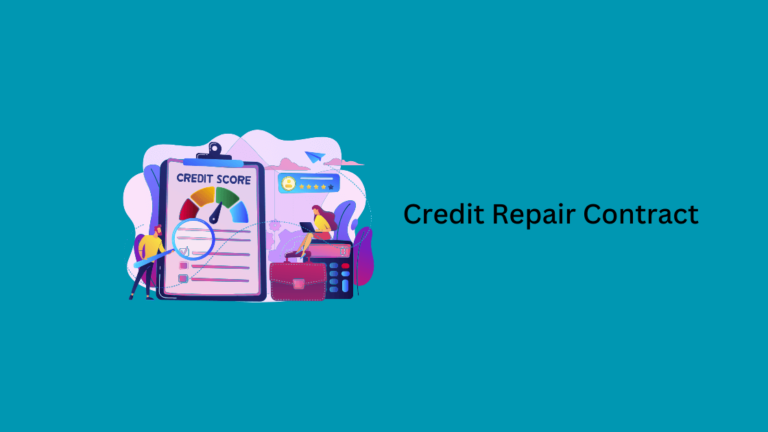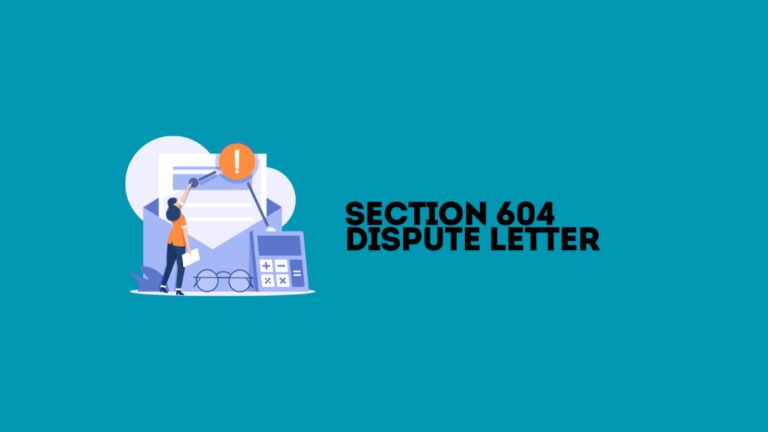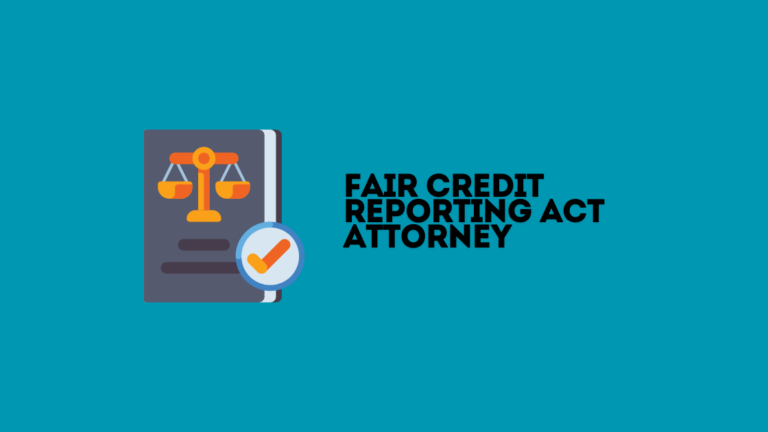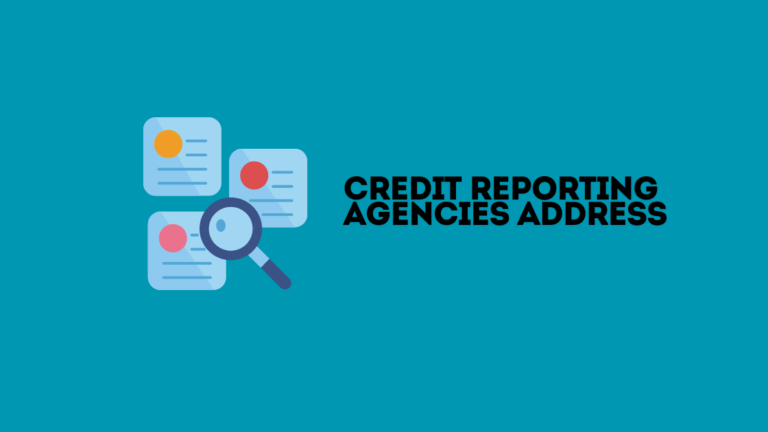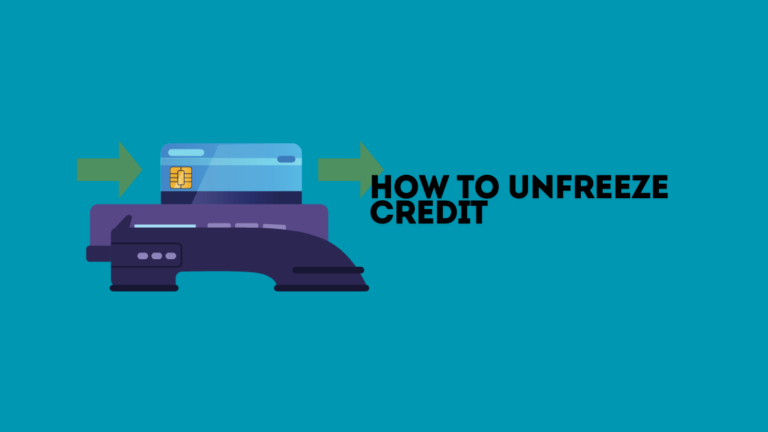Credit Repair Strategies: Boost Your Score Instantly!
Dispute inaccuracies on your credit report and pay down outstanding debts to improve your credit score effectively. Credit repair involves identifying and correcting errors on your credit report and managing debts responsibly.
Regularly monitor your credit report to spot discrepancies and dispute them promptly. Prioritize paying down high-interest debts to lower your credit utilization ratio, a key factor in credit scoring. Building a positive payment history by paying bills on time significantly boosts your credit score.
Consider working with a credit counselor for personalized advice and strategies. By taking these steps, you can enhance your creditworthiness and achieve financial stability.
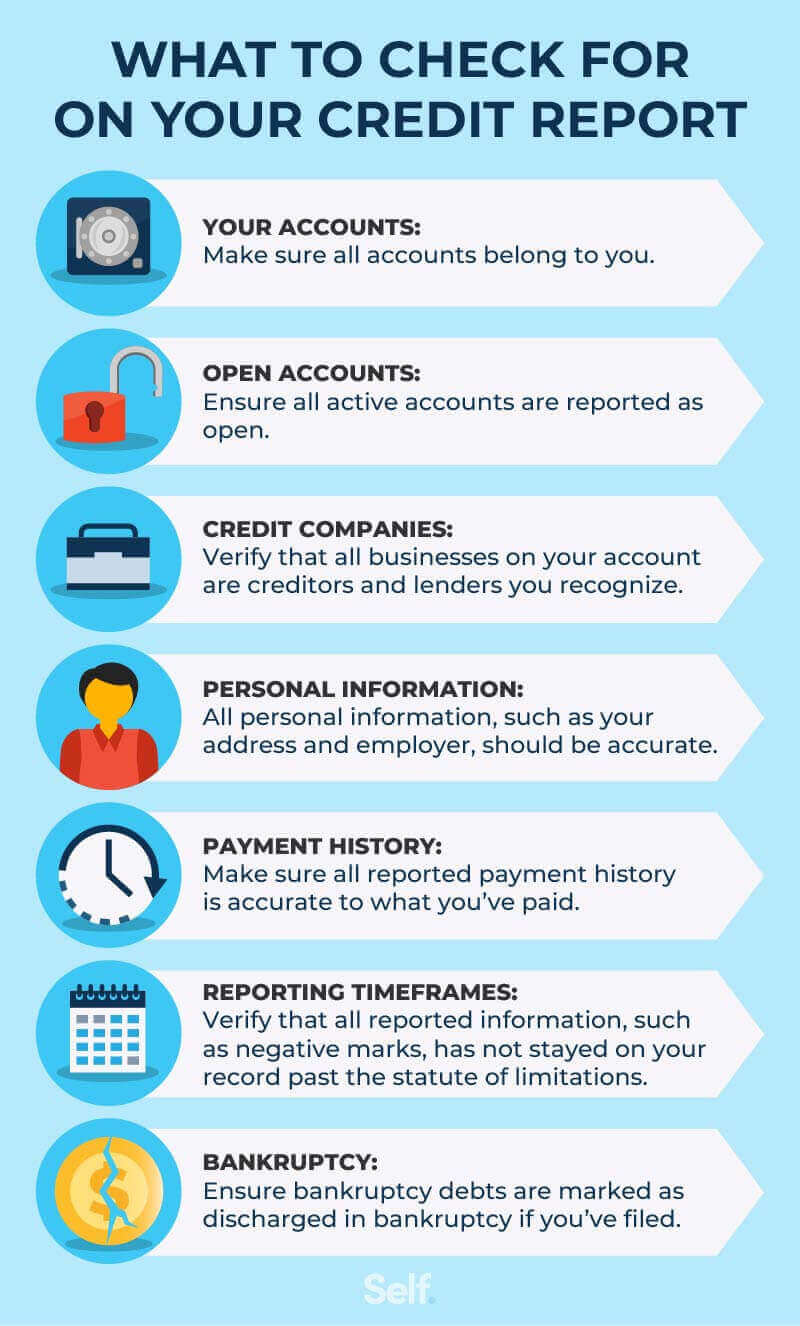
Credit: www.self.inc
The Basics Of Credit Scores
Understanding your credit score is essential for financial health. Your credit score affects loan approvals, interest rates, and even job opportunities. Knowing what factors influence your score can help you make smart financial decisions.
What Makes Up Your Credit Score?
Your credit score is calculated using five key factors. Each factor has a different weight in the calculation.
| Factor | Weight |
|---|---|
| Payment History | 35% |
| Credit Utilization | 30% |
| Length of Credit History | 15% |
| New Credit | 10% |
| Credit Mix | 10% |
Payment history is the most crucial factor. Lenders want to know you pay on time. Credit utilization refers to the amount of credit you’re using compared to your limits. It’s best to keep this below 30%. The length of credit history looks at how long you’ve had credit accounts. The longer, the better. New credit includes recent credit inquiries and new accounts. Too many new accounts can lower your score. Lastly, credit mix considers the variety of credit types you have, such as credit cards, mortgages, and loans.
Why A High Credit Score Matters
A high credit score opens many financial doors. You’ll likely get approved for loans and credit cards more easily. You may also receive lower interest rates, saving you money over time.
Here are some benefits of a high credit score:
- Better loan approval chances
- Lower interest rates
- Higher credit limits
- More negotiating power
- Improved rental and job prospects
A high credit score shows lenders you are a responsible borrower. This can lead to better financial opportunities and peace of mind.

Credit: www.amazon.com
Common Credit Report Errors To Watch For
Your credit report is crucial for your financial health. Errors in your credit report can lower your credit score. These mistakes can make loans more expensive. Identifying and fixing these errors can save you money.
Mistaken Identity
A mistaken identity happens when someone else’s information appears on your report. This can occur due to similar names or social security numbers. A mistaken identity can damage your credit score.
Watch for these common signs of mistaken identity:
- Unknown accounts listed on your report
- Incorrect personal information like name, address, or social security number
- Accounts reported that you never opened
If you see mistaken identity errors, contact the credit bureau. Provide proof of your identity to correct these mistakes.
Outdated Information
Outdated information can also affect your credit report. This includes old debts that should no longer appear. It may also include closed accounts still showing as open.
Check your report for outdated information regularly. Look for:
- Old debts that are past the statute of limitations
- Closed accounts listed as active
- Paid-off loans still showing as unpaid
Outdated information can be corrected by contacting the credit bureau. Provide documentation to support your claim.
Keeping an eye on these common errors can improve your credit score. Regularly check your credit report for accuracy. Address issues quickly to maintain a healthy credit profile.
Steps To Dispute Errors Effectively
Disputing errors on your credit report can improve your credit score. Follow these steps to dispute errors effectively and protect your financial health.
Gathering Evidence
Start by gathering evidence to support your dispute. Collect documents such as:
- Bills
- Receipts
- Bank statements
- Credit card statements
Keep copies of everything you collect. This will help you build a strong case.
Writing A Dispute Letter
Writing a dispute letter is the next important step. Your letter should include:
- Your full name and address
- Social Security number
- Date of birth
- A clear description of the error
- Copies of your evidence
Here is a simple template for a dispute letter:
[Your Full Name]
[Your Address]
[City, State, ZIP Code]
[Your Social Security Number]
[Date of Birth]
[Date]
[Credit Bureau Name]
[Credit Bureau Address]
[City, State, ZIP Code]
Dear [Credit Bureau Name],
I am writing to dispute an error on my credit report. The item in question is [describe the error in detail]. Please find attached copies of documents supporting my dispute.
I request that this error be investigated and corrected as soon as possible.
Sincerely,
[Your Full Name]
Send your letter via certified mail. This ensures it reaches the credit bureau.
Debt Management For Better Scores
Managing debt is crucial for a better credit score. By effectively handling your debt, you can improve your financial health. Here are some key strategies to help you on this journey.
Reducing Your Credit Utilization
Your credit utilization rate plays a major role in your credit score. It measures how much of your available credit you are using. Keeping this rate low can boost your score.
- Keep your credit card balances low.
- Pay off debt rather than moving it around.
- Request a credit limit increase.
- Open new credit accounts only when needed.
Using less than 30% of your available credit is ideal. For instance, if you have a credit limit of $1,000, try to keep your balance below $300.
Creating A Debt Repayment Plan
A debt repayment plan helps you pay off your debts systematically. It provides a clear roadmap to reduce your debt burden.
- List all your debts and their interest rates.
- Focus on paying off high-interest debts first.
- Make minimum payments on all other debts.
- Increase payments as your financial situation improves.
Here’s a simple table to help you organize your debts:
| Debt | Interest Rate | Minimum Payment | Priority |
|---|---|---|---|
| Credit Card A | 18% | $50 | High |
| Credit Card B | 12% | $40 | Medium |
| Personal Loan | 10% | $30 | Low |
Sticking to this plan can significantly improve your credit score over time. Small steps lead to big changes in managing debt.
Negotiating With Creditors
Negotiating with creditors is a key step in credit repair. It can help reduce your debt and improve your credit score. Knowing how to talk to creditors can make a big difference.
How To Approach Creditors
Approaching creditors can feel scary, but it doesn’t have to be. Start by gathering all your account information. This includes account numbers, balances, and payment history.
Next, create a script to guide your conversation. Be polite and clear about your situation. Explain why you are unable to make payments on time. Offer a realistic plan for catching up.
- Keep your tone respectful.
- Be honest about your financial situation.
- Have a repayment plan ready to discuss.
Practice your script before making the call. This will help you stay calm and focused. Remember, creditors want to recover their money. They may be willing to negotiate to make that happen.
Negotiating For Lower Interest Rates
High interest rates can make it hard to pay off debt. Negotiating for lower interest rates can save you money and make your debt more manageable.
Before you call, research current interest rates. This will give you a benchmark for your negotiation. Prepare a strong case for why you deserve a lower rate.
Here are some points to mention:
- Your good payment history before financial trouble.
- Any recent financial hardships, like job loss or medical bills.
- Your commitment to paying off the debt.
During the call, be firm but polite. Ask for a specific lower rate. If the first representative can’t help, ask to speak with a supervisor. Persistence can pay off.
Here is a sample conversation:
| Customer | Creditor |
|---|---|
| Hello, I am calling to discuss my interest rate. | Sure, how can I help? |
| Due to recent hardships, I am struggling with my payments. | I understand. What do you propose? |
| Could we lower my interest rate to 10%? | Let me check. Please hold. |
Negotiating with creditors can feel tough, but it is worth the effort. Lowering your interest rates can help you manage your debt and improve your credit score.
Credit Building Products And Services
Credit building products and services can help improve your credit score. They offer simple and effective ways to build credit. Let’s explore some popular products and services.
Secured Credit Cards
Secured credit cards are a great start for building credit. They work like regular credit cards but need a security deposit. This deposit acts as your credit limit.
Here are some benefits of secured credit cards:
- Helps build a credit history
- Easy approval process
- Reports to credit bureaus
To use a secured credit card effectively, keep your balance low. Pay your bill on time every month.
Credit Builder Loans
Credit builder loans are designed to help you build credit. With these loans, the lender holds the loan amount in a savings account. You make monthly payments until the full amount is paid.
Here are some benefits of credit builder loans:
- Improves payment history
- Boosts credit score
- Savings at the end of the term
Follow these steps to use a credit builder loan:
- Apply for the loan.
- Make monthly payments on time.
- Receive the loan amount after the term ends.
Credit builder loans are an excellent way to show responsible financial behavior.
Habits That Improve Your Credit Score
Improving your credit score is essential. It helps in getting better loan rates. Here are some habits to boost your credit score.
Paying Bills On Time
Paying bills on time is crucial. Late payments can hurt your credit score. Set reminders to pay bills before the due date. Consistent, on-time payments build a positive credit history.
- Set up automatic payments.
- Use calendar reminders.
- Always check due dates.
Limiting New Credit Applications
Applying for new credit often can lower your score. Each application results in a hard inquiry. Too many hard inquiries are seen negatively. Limit new credit applications to improve your score.
Consider these tips:
- Only apply for credit when necessary.
- Research before applying.
- Check pre-qualification options.
| Habit | Impact on Credit Score |
|---|---|
| Paying Bills on Time | Positive |
| Limiting New Credit Applications | Positive |
Implement these habits for a healthier credit score. They are simple but effective.
What Are Some Instant Strategies to Boost Your Credit Score?
Looking for proven credit repair tips in florida to boost your credit score instantly? Start by paying your bills on time, reducing credit card balances, and disputing any errors on your credit report. Additionally, consider becoming an authorized user on someone else’s credit card or taking out a credit-builder loan.
Monitoring And Maintaining Your Credit
Keeping track of your credit is crucial for financial health. Monitoring and maintaining your credit ensures you spot errors and prevent fraud. Regular checks help you stay on top of your credit score and make informed financial decisions. Let’s dive into some effective strategies to keep your credit in good shape.
Using Credit Monitoring Services
Credit monitoring services help you keep an eye on your credit report. These services alert you to any changes or suspicious activities. Many services offer real-time alerts for new accounts, credit inquiries, and changes to your credit score.
- Real-time Alerts: Get notified about any changes instantly.
- Fraud Detection: Identify fraudulent activities quickly.
- Credit Score Tracking: Monitor your score regularly.
Using these services can prevent identity theft. It also helps you maintain a healthy credit score.
Regularly Reviewing Your Credit Report
Review your credit report at least once a year. You can request a free copy from major credit bureaus. Examine the report for any errors or discrepancies. Look for incorrect personal information, unknown accounts, or inaccurate payment histories.
- Request Your Report: Get a free copy from Equifax, Experian, and TransUnion.
- Check Personal Information: Ensure your name, address, and SSN are correct.
- Verify Accounts: Confirm all listed accounts belong to you.
- Look for Errors: Spot any incorrect or outdated information.
If you find any errors, dispute them immediately. Correcting errors can boost your credit score significantly.
| Step | Action | Outcome |
|---|---|---|
| 1 | Request Report | Get a copy of your credit report. |
| 2 | Check Information | Verify personal and account details. |
| 3 | Spot Errors | Identify any mistakes in the report. |
| 4 | Dispute Errors | Correct inaccuracies to improve your score. |
Regularly reviewing your credit report helps maintain a good credit score. Stay vigilant and proactive in managing your credit.
Which Aggressive Credit Repair Strategies Can Boost Your Score Instantly?
Boosting your credit score quickly requires aggressive strategies like disputing errors, negotiating with creditors, and paying down high balances. Utilizing fast credit repair services can streamline the process by identifying inaccuracies and working with credit bureaus to remove negative marks, providing a rapid improvement in your credit standing.
Frequently Asked Questions
How Can I Raise My Credit Score 100 Points Overnight?
Raising your credit score by 100 points overnight is impossible. Improve it by paying off debts, correcting errors, and reducing credit utilization.
What Are Strategies To Rebuild Credit?
Strategies to rebuild credit include paying bills on time, reducing debt, and maintaining low credit card balances. Regularly check credit reports for errors and avoid applying for too much new credit. Consider using a secured credit card or becoming an authorized user on a trusted account.
What Is The Fastest Way To Repair Your Credit?
Pay off outstanding debts quickly. Dispute any errors on your credit report. Avoid missing payments. Keep credit card balances low. Apply for new credit sparingly.
How To Raise Your Credit Score 200 Points In 30 Days?
Pay all bills on time. Reduce credit card balances below 30% of the limit. Avoid new credit inquiries. Dispute any inaccuracies on your credit report. Use a mix of credit types responsibly.
What Is Credit Repair?
Credit repair involves fixing poor credit reports to improve credit scores. This can include disputing errors or negotiating with creditors.
Conclusion
Taking control of your credit can transform your financial future. Implement these strategies to boost your credit score. Regularly monitor your credit report for errors. Pay down outstanding debts and keep your balances low. Consider professional help if needed. Start today for a brighter financial tomorrow.

